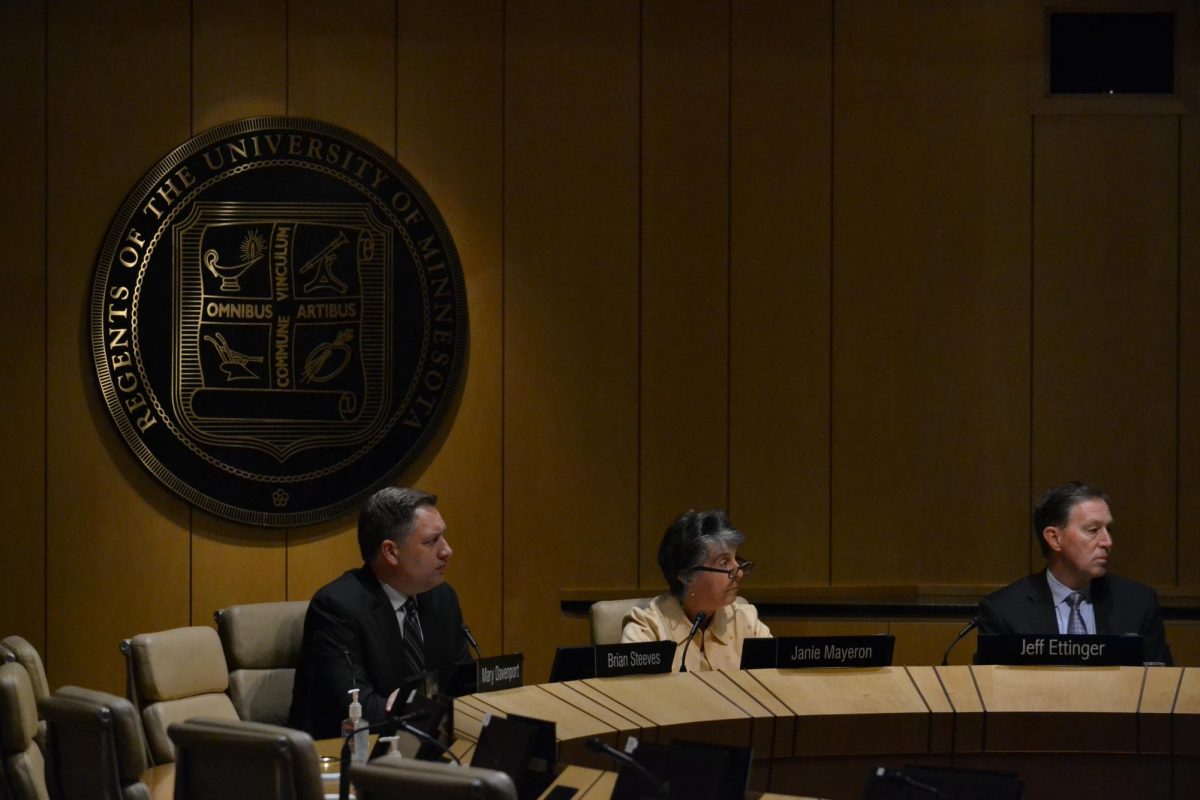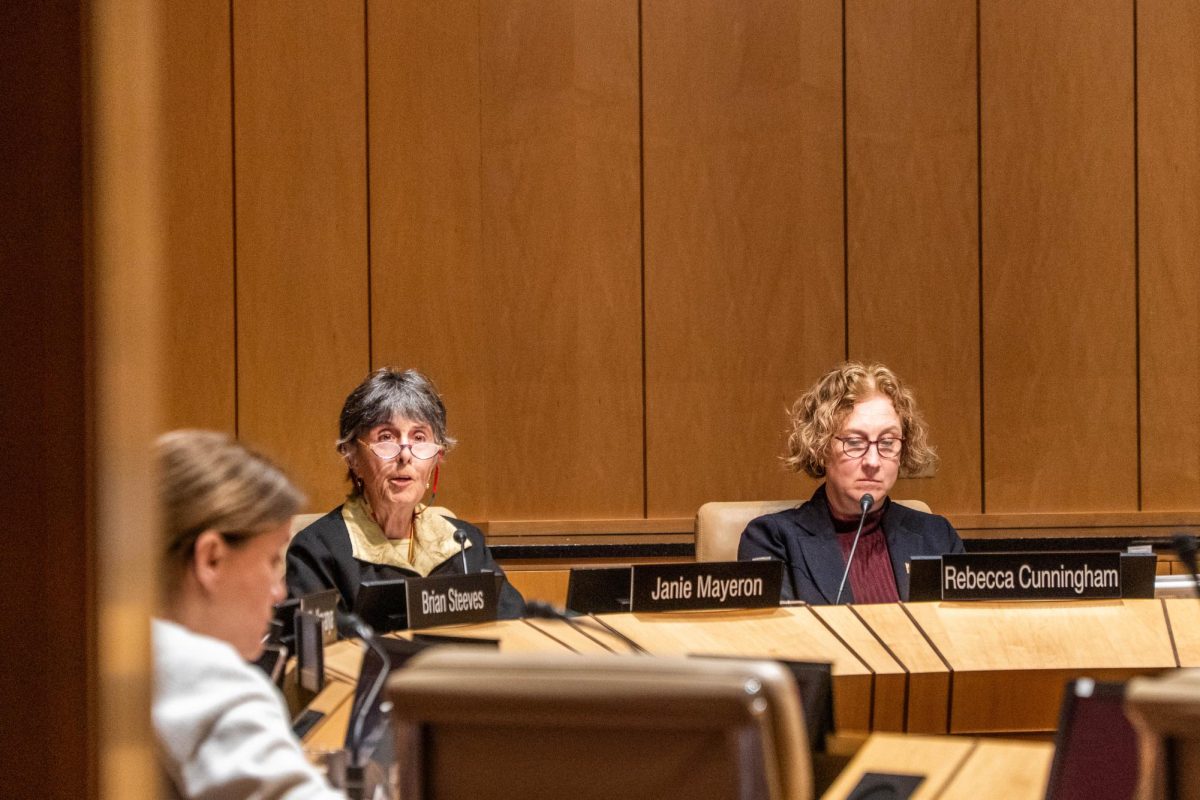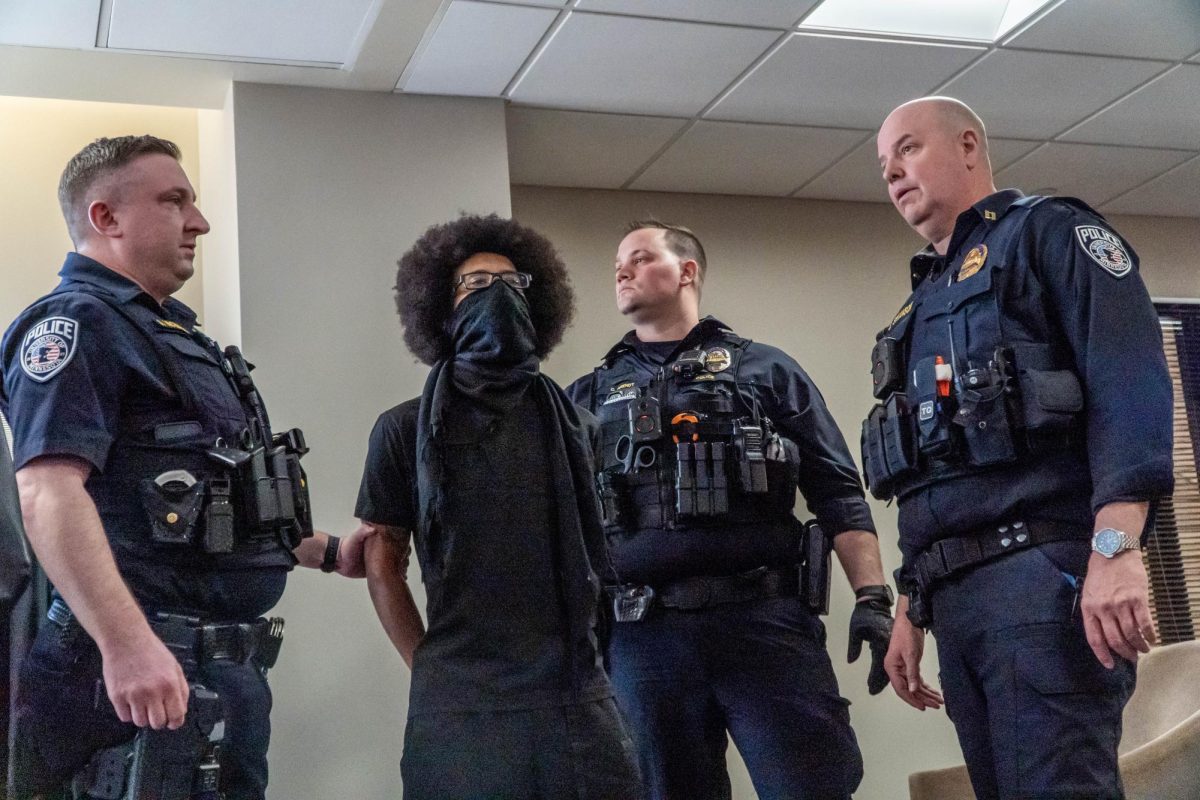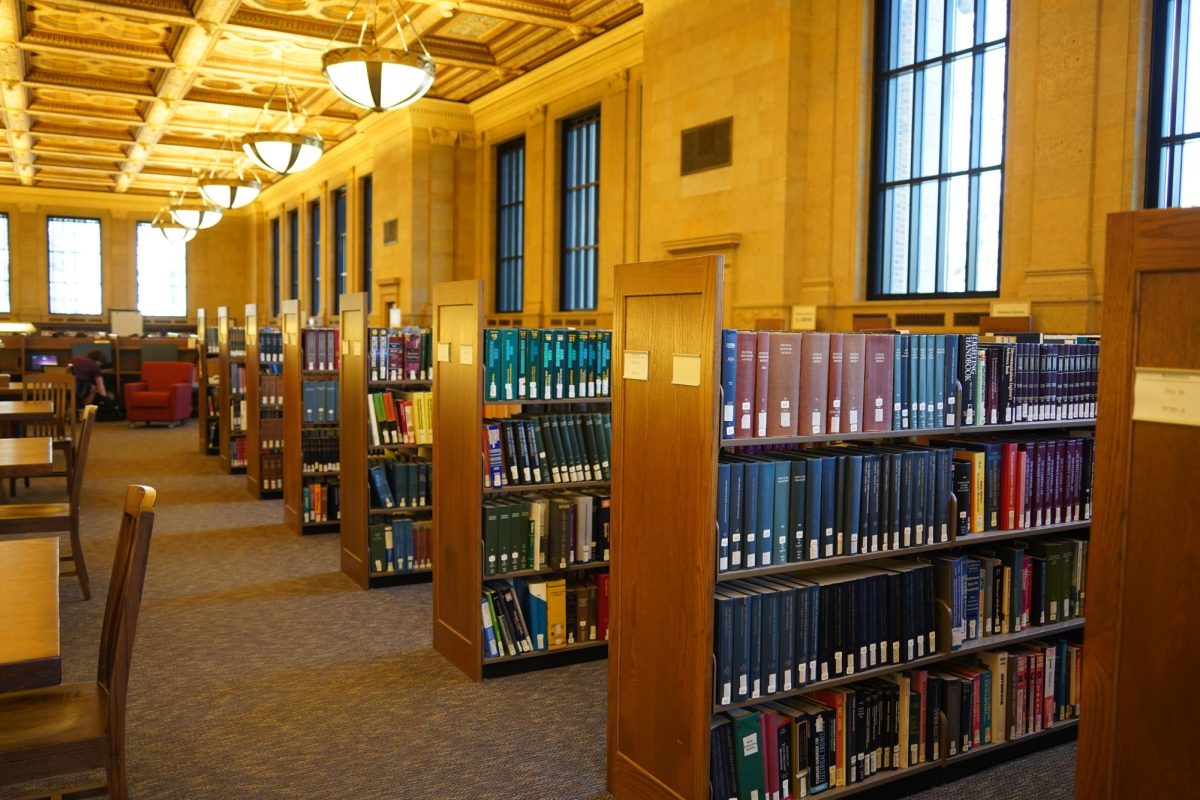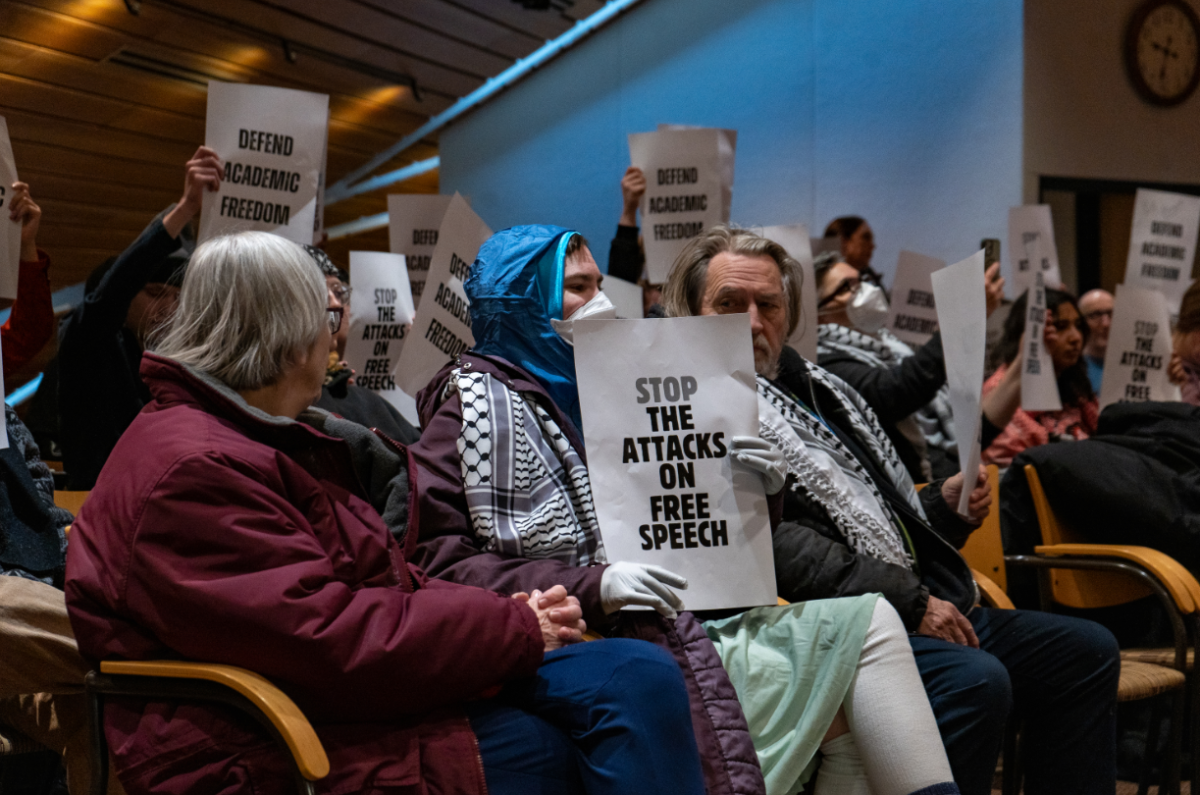The Board of Regents took action on several high-priority items during this week. They voted unanimously to approve a partnership with CentraCare and a $500 million request to the state legislature towards building upkeep.
The regents continued their discussion about the search for the 18th University of Minnesota president, talked about how to improve diversity and equity on campus and awarded three University faculty members the Regents Professorship, the highest honor for faculty.
After the public session concluded, the regents held a non-public meeting to discuss the eight ongoing lawsuits against the University as a result of a July data breach.
The University’s partnership with CentraCare
The Board held a special committee meeting on Thursday to summarize the discussions from the task force on academic health. They also talked about the University’s partnerships with Fairview Health and CentraCare.
The Board voted unanimously in their meeting Friday to approve a proposed Academic Affiliation Agreement (AAA) with CentraCare. The agreement would see a new medical school campus based in a CentraCare facility in St. Cloud.
The passing of the motion means the University can begin recruiting students and faculty in preparation for the start of classes in fall 2025.
The partnership between the University and CentraCare comes at a critical time when University and state officials are heavily focused on developing Minnesota’s health care workforce.
Kenneth Holmen, CEO of CentraCare, said at the meeting Thursday there is a notion in greater Minnesota about “giving your best acre.” According to Holmen, CentraCare wants to “give [its] best acre” by advancing infrastructure for the good of the community in its partnership with the University.
“They [Minnesotan settlers] gave their best acre to create an opportunity for tomorrow, and that’s really what all this is about,” Holmen said.
HEAPR funding requests
The Board of Regents voted unanimously to approve a proposed $500 million request for Higher Education Asset Preservation and Replacement (HEAPR) funding Thursday.
HEAPR funding is designated specifically for repair work on older buildings. The University’s goal with the funding is to restore older buildings and consolidate classes to free up more space on campus.
Previously, the Board would request a blend between HEAPR funding for basic repairs and other funding for more specific projects, like Fraser Hall. This year the entire request will be for HEAPR funding because many buildings need repairs.
The request for HEAPR funding from the state is pivotal this year. Alice Roberts-Davis, vice president of University Services, said conversations with Gov. Tim Walz and other state legislators had shown support for the request.
“The situation is such that we really need this asset preservation money and if we can get the asset preservation money, we won’t ask for anything else,” Roberts-Davis said.
Of the $500 million request, $417 million would be put toward restoration work on the Twin Cities campus. The rest would be divided between the Crookston, Duluth and Morris campuses.
“It is an investment in students, faculty, researchers and staff who will lead Minnesota’s future success and competitiveness,” Board Chair Janie Mayeron said.
The search for the 18th president continues
The University is continuing its efforts to find candidates to fill the position of president.
The search advisory committee assisting the University is now fully formed. The Board unanimously approved the search committee as a part of the presidential search process and its duties.
Out of nearly 200 people who applied to be a part of the presidential search committee, only 24 made the cut. The committee consists of students, faculty, alumni, staff and regents, with regent Mary Davenport serving as committee chair.
The search committee’s job is to engage with the University community, recruit candidates and narrow the field down to two to four candidates for the Board to consider.
“I can say I am confident in the process, and the individuals [on the search committee],” Davenport said.
The search committee will host listening sessions across campus starting next week. These sessions are open to the public and let people outside of the search committee voice their recommendations.


